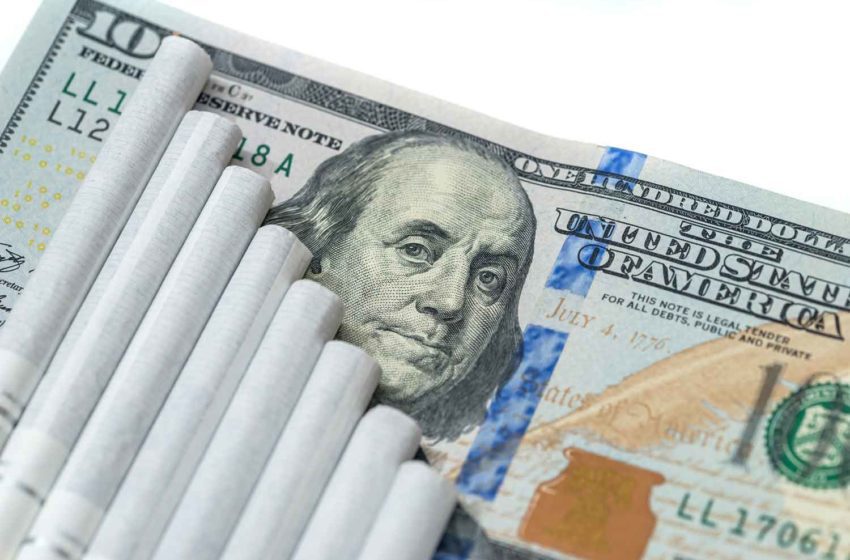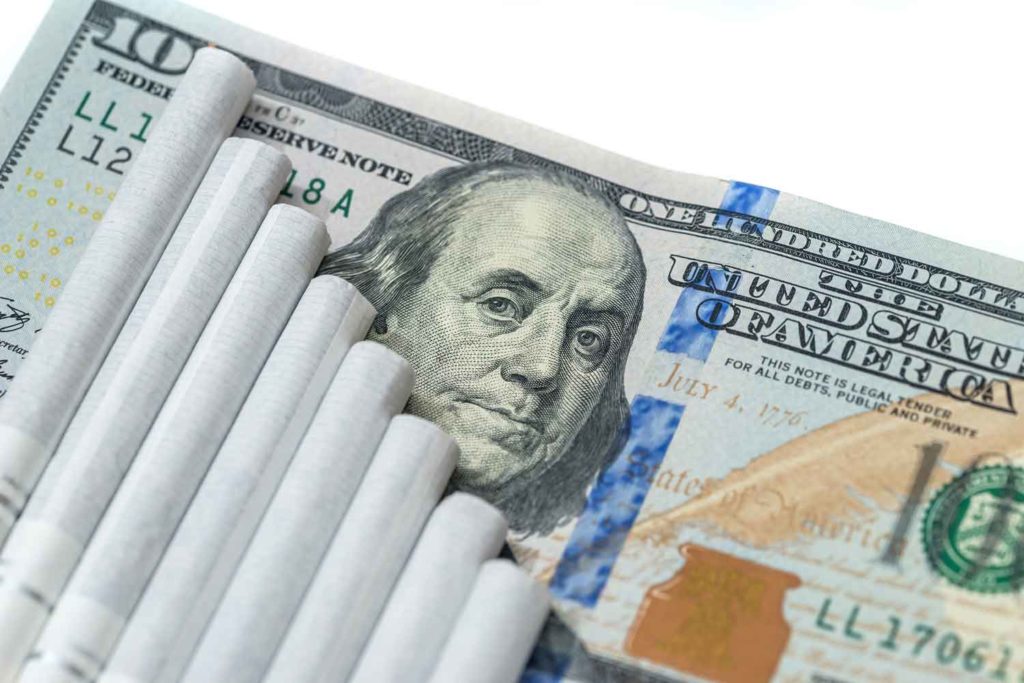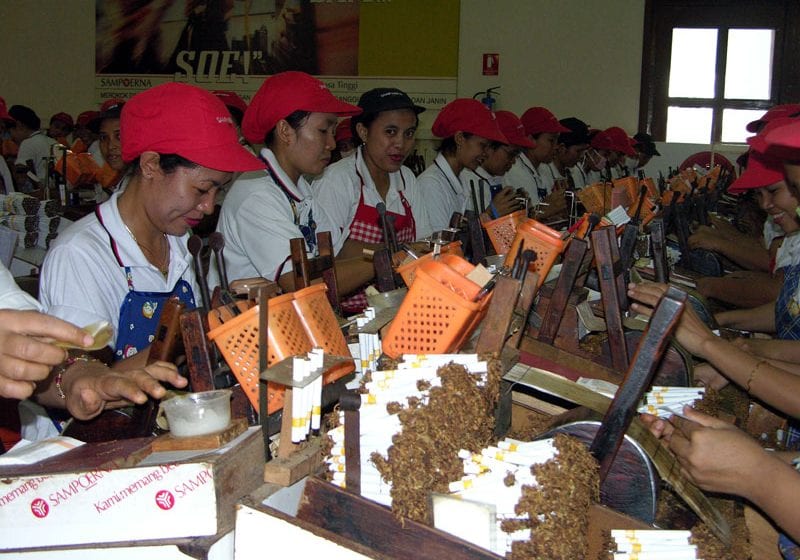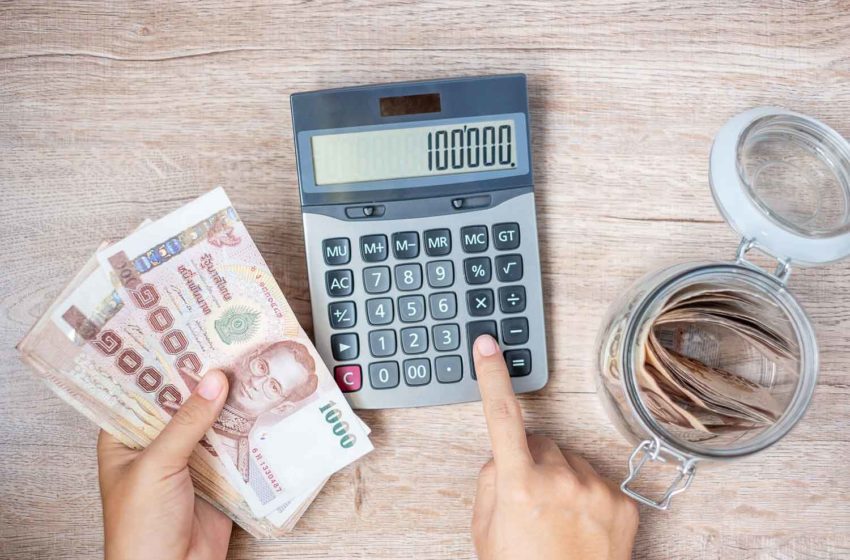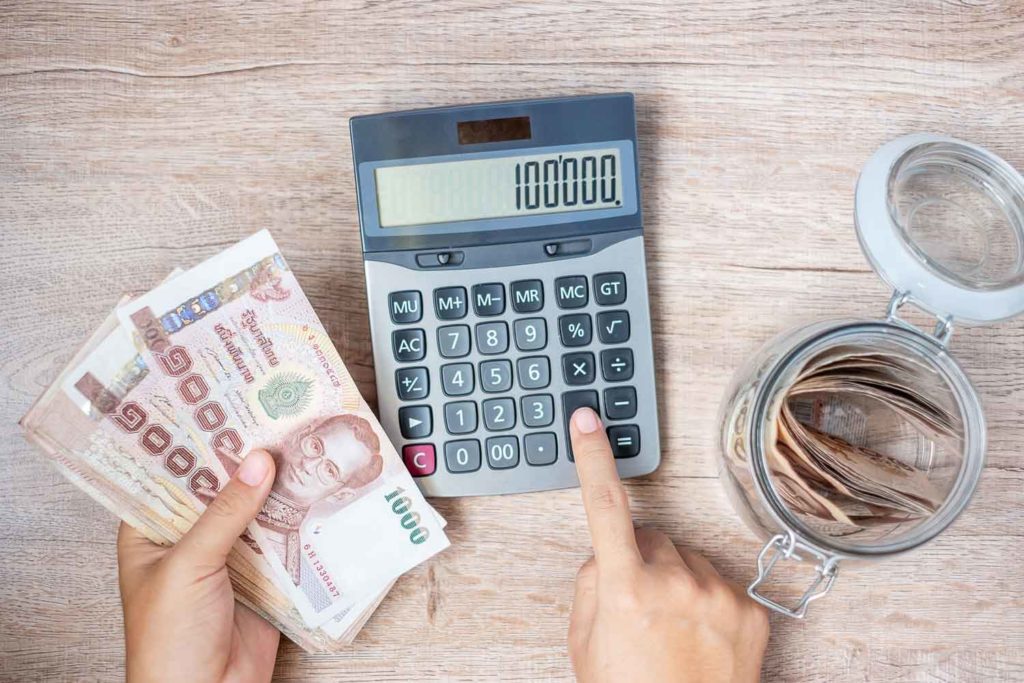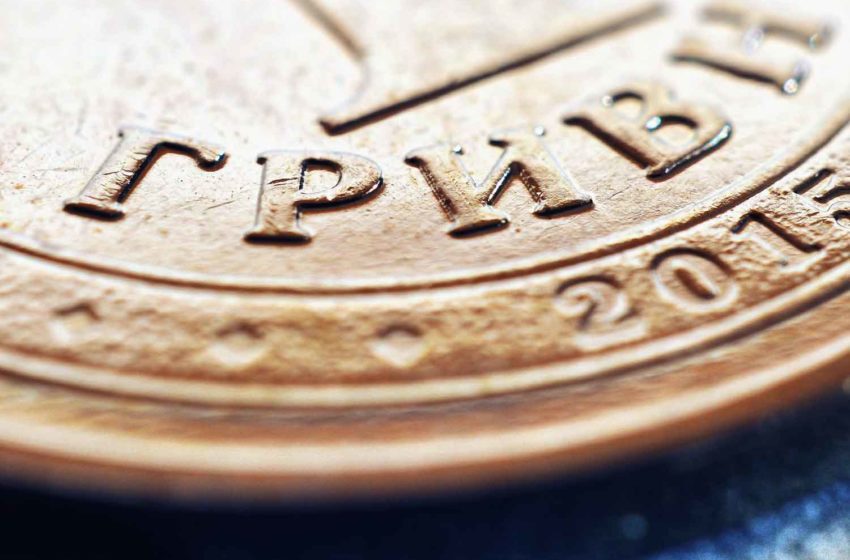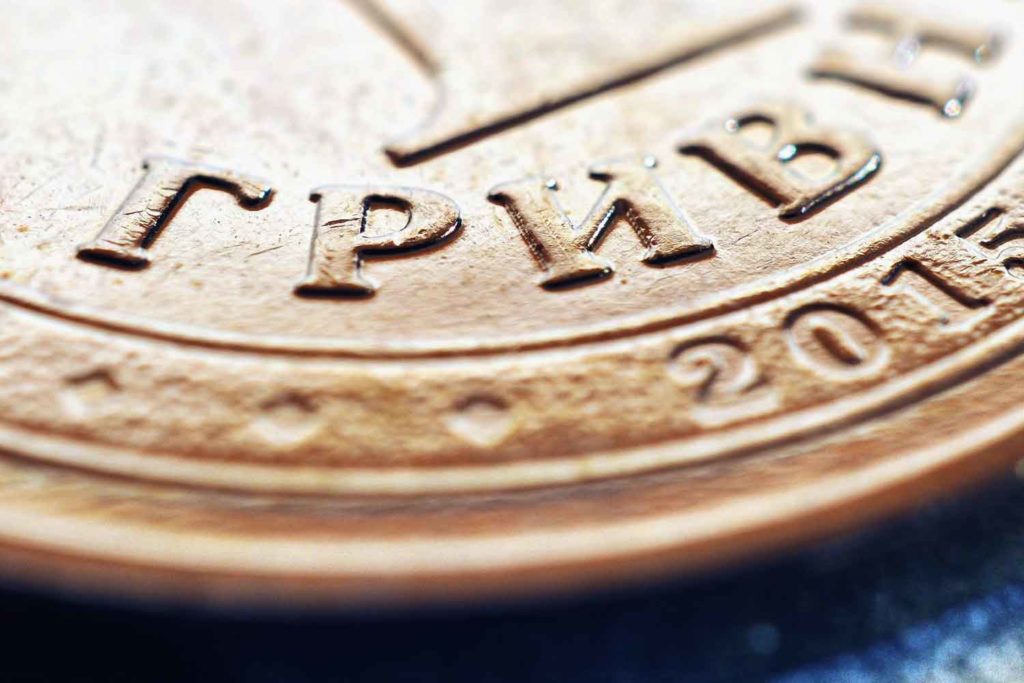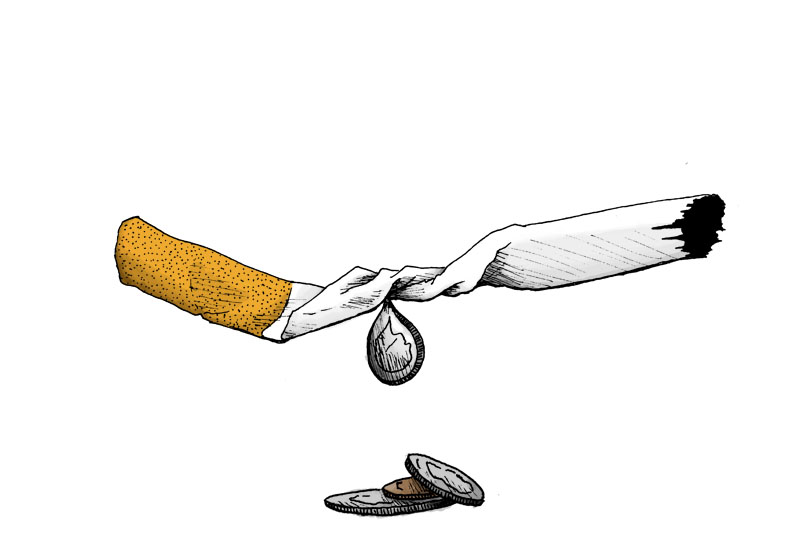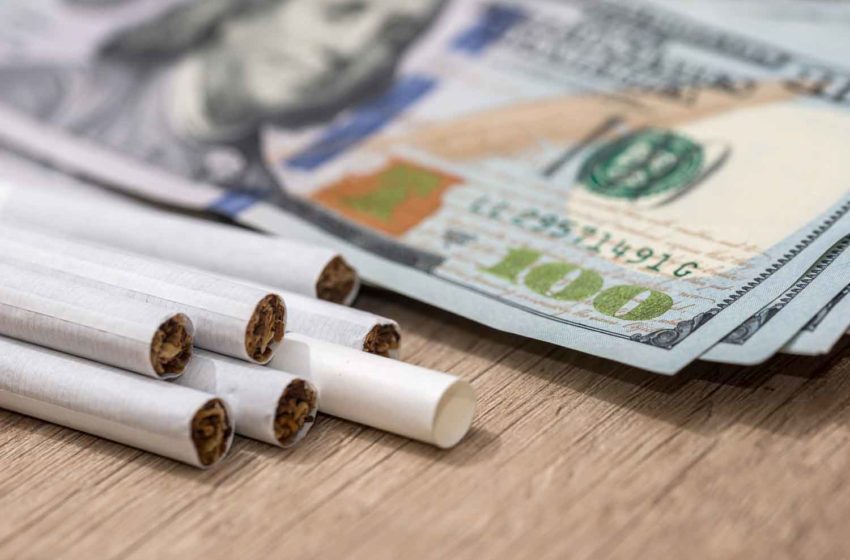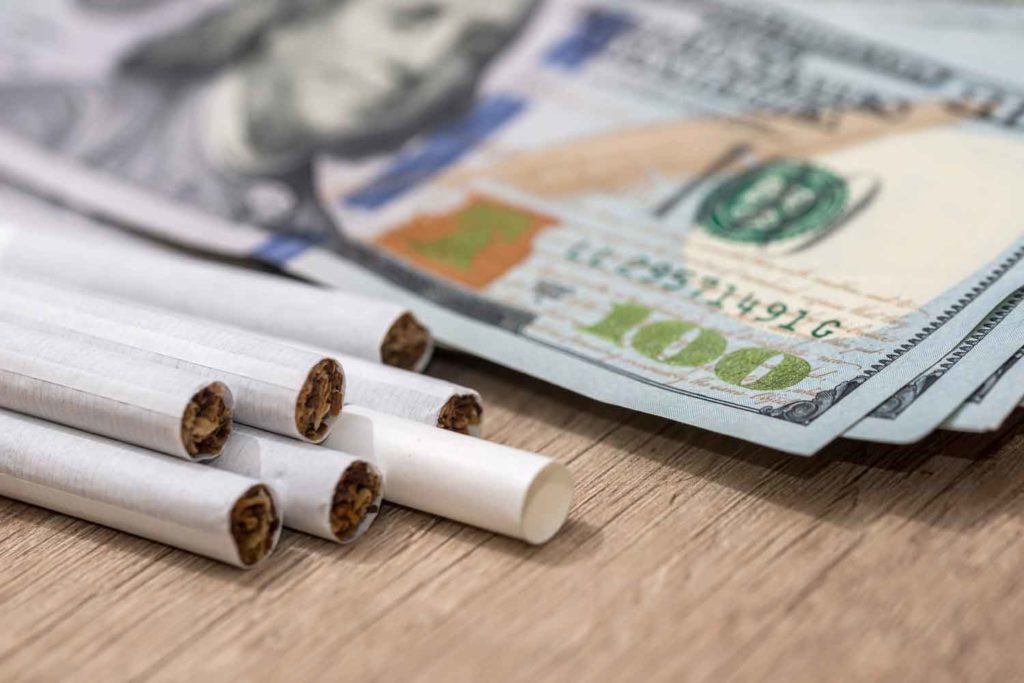
Previously proposed tobacco tax increases have been removed from the U.S. Build Back Better Act, a massive piece of legislation conceived to fund Covid-19 relief, boost economic recovery and invest in new infrastructure. The most recent version of the proposed bill, H.R. 5376, makes no mention of the measures.
The dropped proposal would have effectively doubled the federal excise tax on small cigars and cigarettes, and it would have increased the tax on chewing tobacco from a little over $0.50 to $10.70—more than 21 times its current level. It also called for a new tax on vapor products.
The proposed tobacco tax hikes attracted fierce criticism from retailers and tobacco harm reduction advocates, among others.
On Sept. 24., the National Association of Convenience Stores sent a letter warning lawmakers against unintended consequences, such as illegal trade and underage sales.
“When the price of a product rises too much too fast, illicit purveyors will seize the opportunity to exploit and take advantage of current users and entice new users without discriminating based on age,” the letter read. “This undermines the responsible measures our retailers have taken and creates a problem for society as a whole.”
Earlier, the Tax Foundation cautioned that the proposal would make cigarettes—the most harmful tool to consume nicotine—cheaper than other, less-risky tobacco products in many states.
While every U.S. state taxes cigarettes by quantity, a majority tax other tobacco products by price. When states tax tobacco products by price, the tax on the product will “pyramid” since the federal tax is levied at the manufacturer level and the state tax is levied at the distribution level, according to the Tax Foundation.
“In effect, the state tax base includes the federal tax and becomes a tax on a tax,” wrote Ulrik Boesen, senior policy analyst in excise taxes of the Tax Foundation.
While the most recent version of the H.R. 5376 omits tobacco tax hikes, there is no guarantee the measure will not reappear in future renderings of the proposed legislation.

